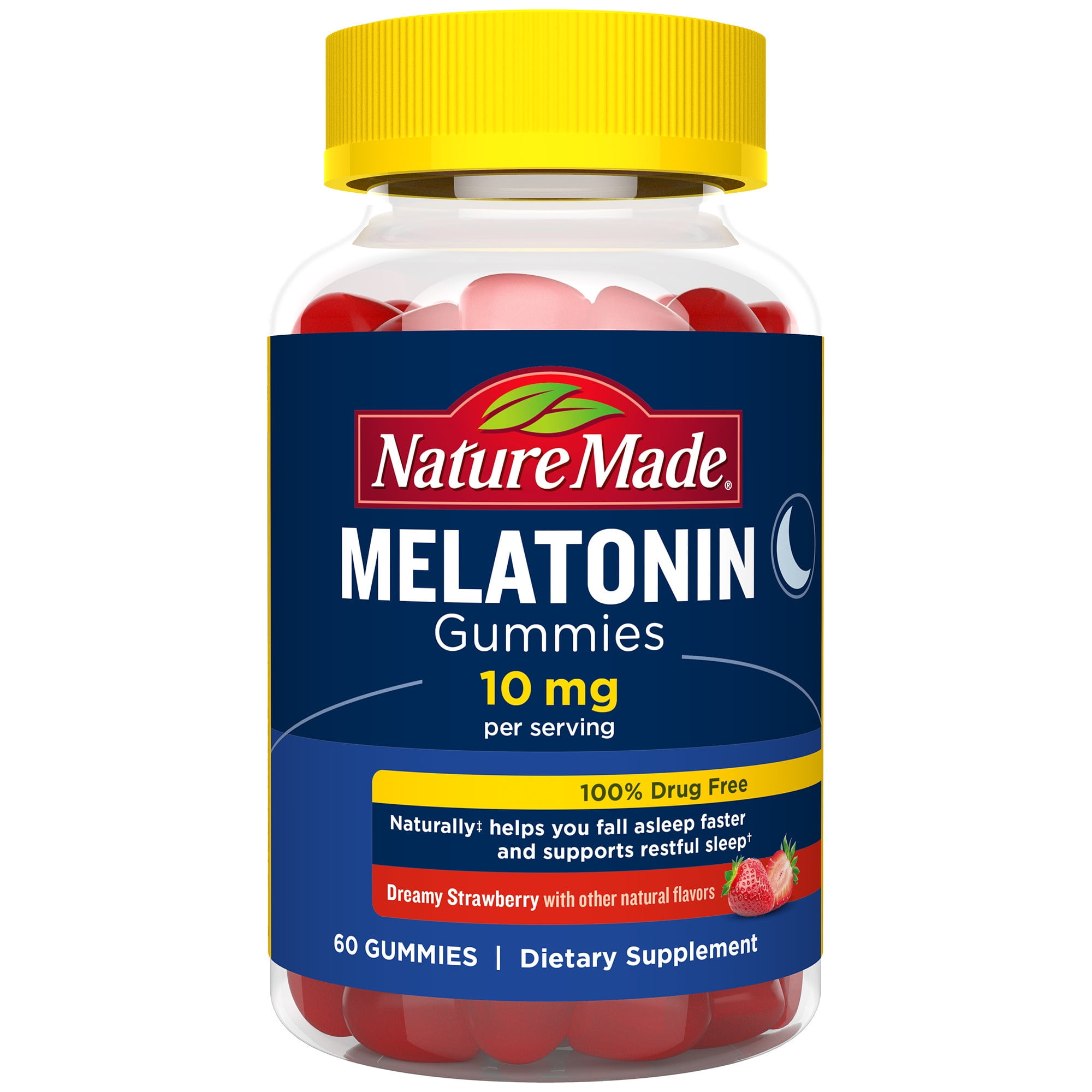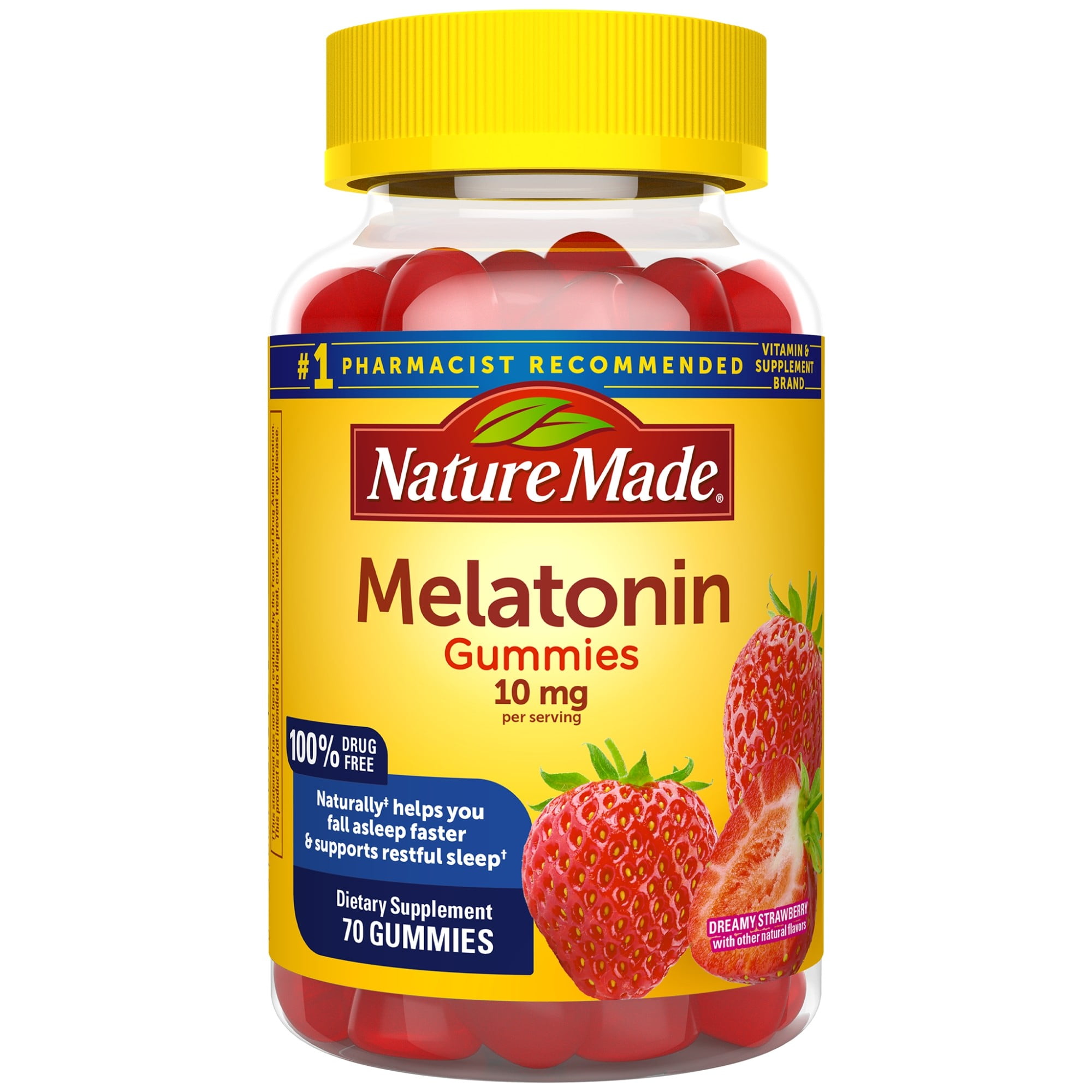Delta-8 THC products are growing in popularity due to their mild psychoactive effects and potential therapeutic benefits. However, as with any cannabis-derived product, lab testing is crucial for ensuring quality, potency, and safety. With Delta-8 THC, consumers often look for items like the 100mg edible, which promises a consistent experience. But without reliable lab testing, even a popular dosage like this could contain impurities or vary significantly in potency.
Here, we delve into why lab testing is essential for Delta-8 THC products and how it helps consumers make informed decisions.
1. What Lab Testing Reveals in Delta-8 Products
Lab testing involves a series of scientific evaluations that provide an in-depth analysis of Delta-8 THC products. Reputable labs test for potency, checking that the advertised milligrams are accurate, particularly for higher-dosage options like a 100mg edible. They also screen for contaminants such as pesticides, heavy metals, residual solvents, and microbiological impurities.
Testing confirms the Delta-8 content and identifies other cannabinoids present, such as Delta-9 THC or CBD, which might impact the product’s effect. This transparency allows users to know exactly what they’re consuming, ensuring the product’s efficacy and safety.

2. Consumer Protection and Confidence
The rise of Delta-8 THC products has led to increased consumer awareness, and lab testing plays a critical role in this. Lab reports make consumers confident that the product meets safety standards. This is particularly important for edibles and other ingestibles where impurities can cause adverse health effects.
Knowing a product is lab-tested builds trust in a brand, as customers are assured that what they’re consuming aligns with regulatory standards. Especially for new users, this assurance can make a significant difference when trying products like Delta-8 gummies or 100mg edible tablets.
3. Legal Compliance and Industry Standards
In the cannabis industry, compliance with legal standards is a top priority for any legitimate company. Lab testing ensures that Delta-8 products do not exceed the legal limit of Delta-9 THC, usually capped at 0.3%. Without regular testing, some products might inadvertently contain illegal levels of Delta-9 THC, putting both the manufacturer and consumer at legal risk.
By adhering to industry standards, reputable companies show their commitment to safety and transparency. Reliable lab testing also signifies that the product meets federal and state guidelines, which vary widely across regions. This compliance reassures consumers and allows them to make safe choices without worry about legal ramifications.
4. Detecting Harmful Contaminants
Cannabis plants can absorb heavy metals from the soil, and some manufacturers use solvents to extract Delta-8 from hemp. Without thorough testing, these contaminants can remain in the final product. Lab testing identifies any traces of harmful substances, such as arsenic, lead, or solvents like butane, which can be toxic when ingested.
Since Delta-8 THC products are often marketed for relaxation and wellness, ensuring they are free from hazardous materials is essential. Regular lab testing protects consumers by ensuring that the products are safe, clean, and meet acceptable health standards.
5. Accuracy in Dosage and Potency
For individuals who consume Delta-8 for therapeutic purposes, dosage accuracy is crucial. Lab testing confirms the product’s potency, ensuring that the stated dosage on the label matches the product content. This is particularly important for edibles, where inaccurate potency can lead to unexpected experiences.
Imagine buying a 100mg edible and discovering it contains significantly more or less Delta-8 THC than advertised. Such inconsistencies could result in stronger effects than anticipated or diminish the intended impact of the product. Lab testing guarantees accuracy, giving consumers peace of mind and allowing them to achieve their desired outcomes.
6. Supporting an Informed Market
Lab-tested products give consumers the information they need to make choices that align with their health and lifestyle preferences. In an emerging market like Delta-8 THC, where knowledge about the substance is still growing, lab reports serve as a credible source of product information.
With this data, consumers can compare brands, assess the quality of different Delta-8 THC products, and choose what best suits their needs. Transparency through lab testing also encourages industry competition as companies strive to meet and exceed consumer expectations. In turn, this leads to a more knowledgeable and quality-conscious market overall.

7. Final Thoughts
In the rapidly growing world of Delta-8 THC products, lab testing remains a cornerstone of consumer protection and product integrity. Reliable lab reports verify potency, check for contaminants, and ensure compliance with legal standards. As Delta-8 products become more accessible, particularly in convenient formats like the 100mg edible, lab testing provides consumers the safety and transparency to trust what they’re purchasing.
Ultimately, lab-tested Delta-8 products contribute to a safer, more informed, and accountable industry—benefitting both consumers and manufacturers.

